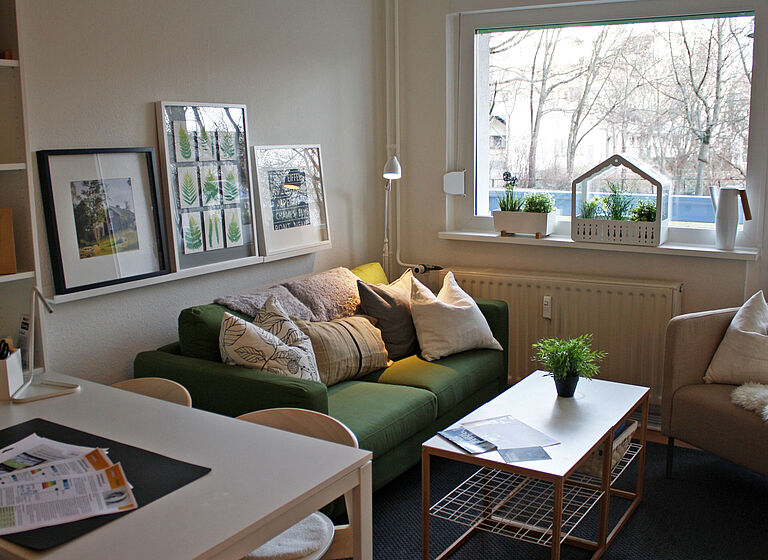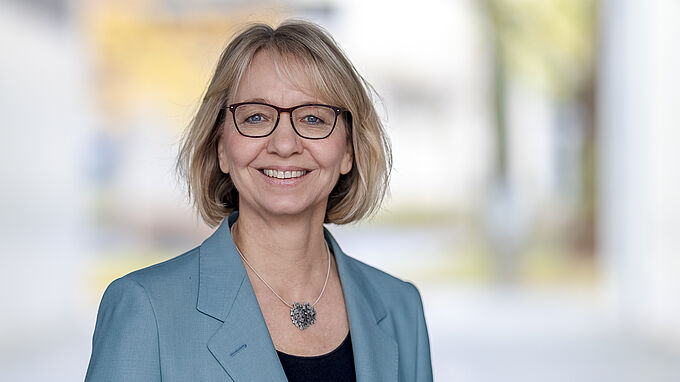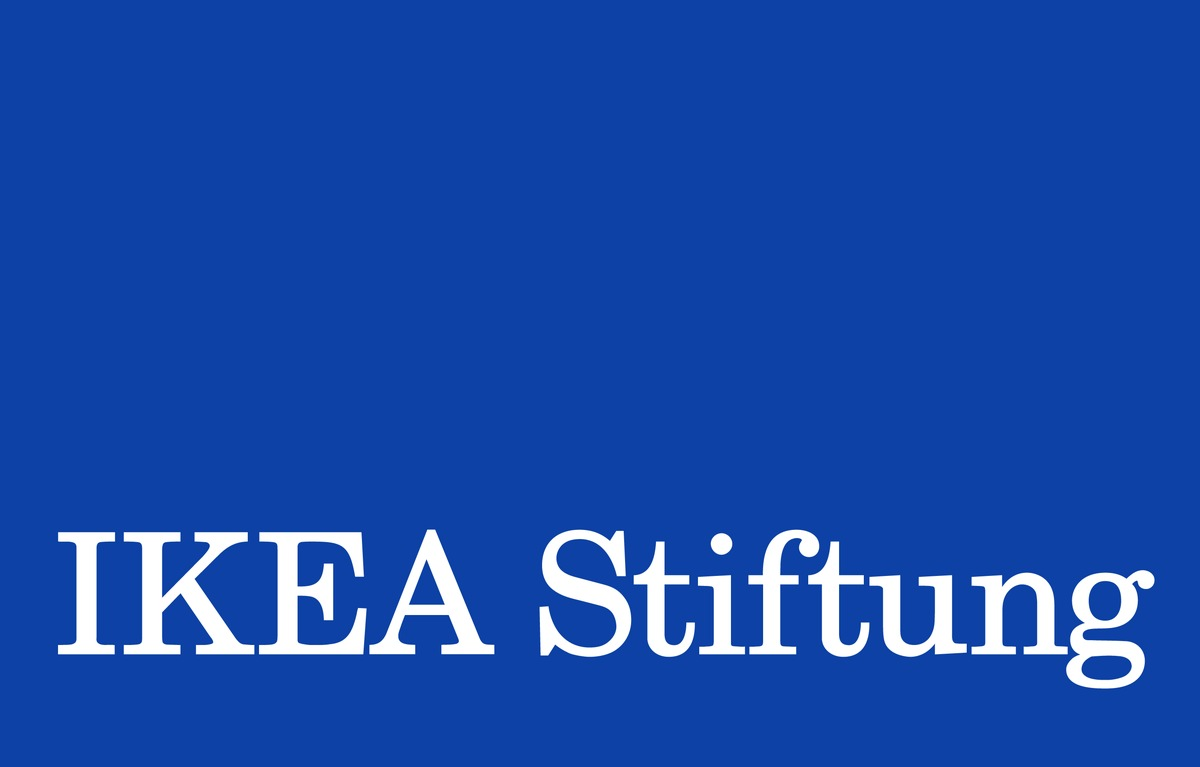
EnWoPla
Energy efficiency and living comfort in the slab - travelling model flat as a living exhibition - a model project of the IKEA Foundation EnWoPla and accompanying research
About the project
Following on from the DBU model project "Energy Efficiency and the Housing Industry - Testing Environmental Communication Concepts for Energy-Efficient Resident Behaviour in Existing Housing Estates in Erfurt and Kassel (EnWoKom)", the project "Energy Efficiency and Housing Comfort in the Platte (EnWoPla)" will focus even more on tenant behaviour when it comes to the possibility of saving energy in energy-refurbished flats. At the same time, the focus will be on questions of living comfort and health. This is because the concept on which the EnWoKom model project is based is to be further developed and, above all, link energy saving and living comfort. Studies in the EnWoKom project have shown that saving energy and thus money alone is not enough to motivate residents; rather, aspects of living comfort and health are essential.
EnWoPla
Grant Provider: IKEA Stiftung
Research question and implementation
The main research questions are: How can energy efficiency and living comfort be implemented in a holistic concept for a model flat as a living exhibition? How can advisory and other communication offers be integrated in a target group-oriented way? What effects do the communication measures have on the objectives of CO2 reduction and behavioural change among residents?
The focus is on the participation of the tenants in actions that lead to optimising their heating and ventilation behaviour as well as achieving further energy savings. To provide the tenants with the most comprehensive advisory services possible, it is important to network actors.
Tenants can develop their ideas on how to motivate themselves and their neighbours for energy-efficient heating and ventilation. Questions that arise in the context of energy-efficient refurbishment can be clarified directly in a model flat. To provide advice that is as practice-oriented as possible, the project offers various activities for the tenants in which they can actively participate. The aim is to achieve a sustainable change in behaviour in adaptation to the new housing situation without reducing living comfort.
Subject matter
The energy turnaround in Germany is primarily pursuing the goal of moderate use of energy. Housing plays a special role in this. Nationwide, private households account for 28 per cent of total energy consumption. Both housing companies and private households show considerable potential for contributing to climate protection and minimising CO2 emissions, e.g. through energy-efficient renovation of existing buildings and energy-efficient consumer behaviour. To tap the unexploited potential for reducing CO2 emissions in the housing stock, the energy behaviour of private households is a decisive pillar of the energy transition, in addition to technological innovations, energy savings and increasing energy efficiency. Only through supplementary tenant participation and a change in tenant behaviour after energy refurbishment can the goals of CO2 savings and thus the climate goals be achieved. Within the framework of the model project and the accompanying research, it is being investigated how tenants can be sensitised in the area of energy-efficient and sustainable behaviour through suitable communication strategies and how the respective effects can be recorded.
Project team
Former research associate
-
Corinna Müller, Dipl. Ing.



